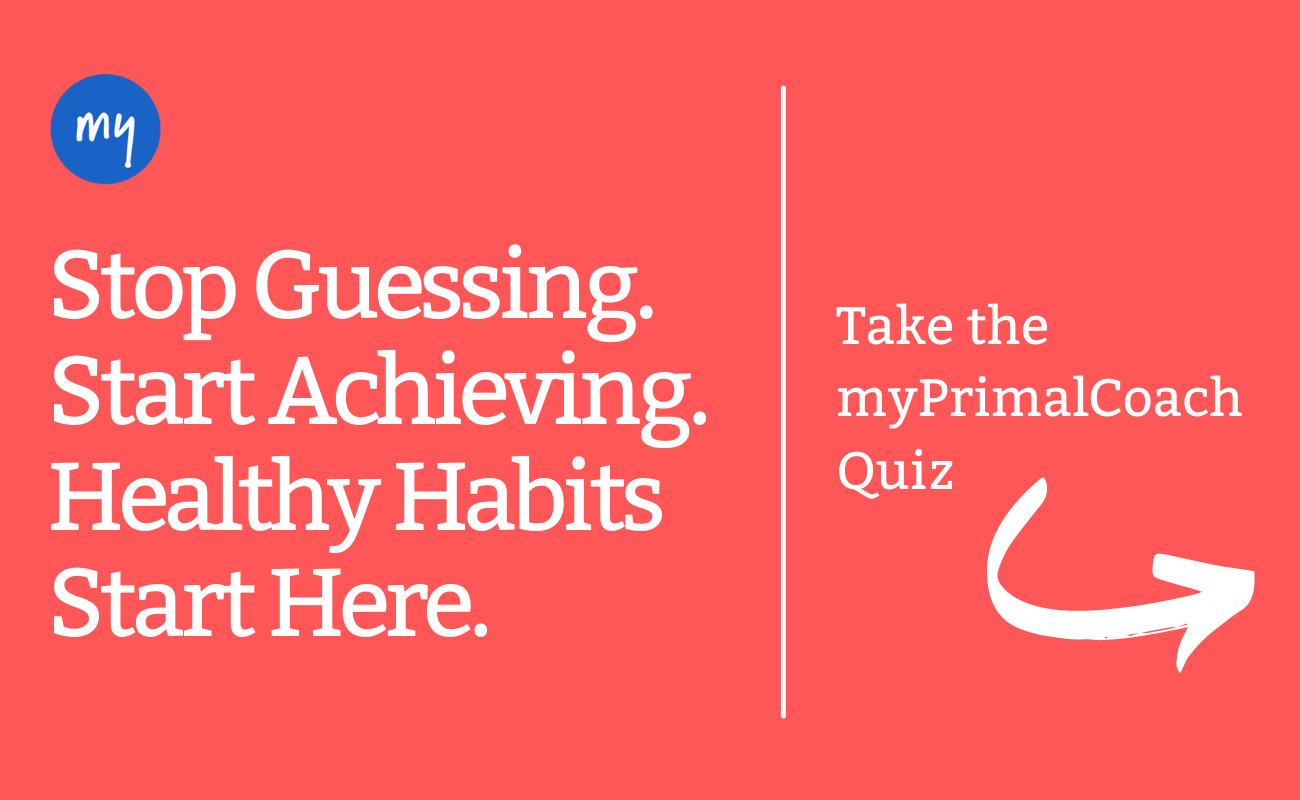Reaching for a hot cup of Joe or iced coffee for an energy boost is standard. But what if you want to reduce your caffeine intake while still enjoying the taste of coffee? Are there any health benefits of decaf coffee if you’re not getting that energy boost? Or unwanted side effects, for that matter?

Are the health benefits of decaf coffee in line with those seen with the caffeinated version?
Decaf coffee lovers, you're in luck. The health benefits seen with caffeine-containing coffee are also seen with the decaf version (minus the jitters). There may also be some bonus health benefits with the decaf version.
It's also important to note that not all decaffeination methods are equal when it comes to your health. And a cheaper option may not be the best option when it comes to decaf coffee - but more on this later.
In this article we'll explore the potential health benefits of decaf coffee. We'll start by reviewing what coffee and caffeine are, and how decaf coffee is made.
What Is Coffee?
Coffee is one of the world's most widely consumed beverages and is coveted for its stimulating effects due to its high caffeine content.
It is derived from roasted coffee beans, which are the seeds of the coffee plant. Coffee is typically made from coffee beans that are roasted, ground, and then brewed with hot water. The ground coffee is placed in a filter, or a coffee maker, and hot water is poured over it. The water passes through the coffee grounds, extracting the flavor, aroma, and caffeine content.
What Is Caffeine?
Caffeine is a natural substance found in certain plants' seeds, nuts, fruits, and leaves. It is extracted from these sources and used in coffee, tea, and various other products. Caffeine acts as a central nervous system stimulant and is known for its ability to increase alertness, reduce fatigue, and help people stay awake. People consume caffeine to get a temporary boost in energy and to help improve their focus and concentration. It works by blocking a neurotransmitter, adenosine, that induces relaxation and sleep. This leads to increased neural activity and cognitive function.
What Are the Health Benefits of Caffeine?
There are several health benefits associated with consuming caffeine including:
- Improved mental alertness and concentration: Caffeine can enhance focus and improve cognitive function.
- Increased physical performance: Caffeine improves endurance and reduces perceived exertion during exercise.
- Protective effects on the brain: Research shows that caffeine reduces the risk of developing neurological conditions such as Parkinson's disease and Alzheimer's disease.
- Enhanced mood: Caffeine consumption reduces the risk of depression and improves overall mood.
What Are the Side Effects of Caffeine?
Caffeine can have various side effects including:
- Increased heart rate
- Jitteriness
- Anxiety
- Trouble sleeping.
- Headaches
- Dizziness
- Digestive issues
- Altered gut health after excessive caffeine consumption
It's important to be mindful of your daily caffeine intake and how it affects your body. Everyone reacts differently to caffeine's stimulating effects. And we all have varying levels of caffeine tolerance and sensitivity to the drug. Listen to your body and cut back if you experience any negative effects.
How Is Decaf Coffee Made?
Decaf coffee is made by taking regular, unroasted green coffee beans and removing most of the caffeine from them. The resulting beans have 97% less caffeine than regular coffee beans.
Decaf coffee beans are easy to come by on grocery store shelves. Most coffee shops offer coffee subtypes and options for decaf coffee drinkers.
Several methods are used to decaffeinate coffee beans. The most common caffeine extraction process involves using a solvent like ethyl acetate or methylene chloride. This is the most cost-effective way to remove the caffeine, thus its popularity amongst manufacturers.
Another method, the Swiss Water Process, uses only water and osmosis to decaffeinate the beans. This process involves soaking the beans in hot water to dissolve the caffeine. Then a carbon filter is used to remove the caffeine from the water. Following this, the beans are dried and roasted just like regular coffee beans. The final product is decaf coffee.
The healthiest caffeine extraction method is the Swiss Water Process. Whilst this may be the more expensive option, the Swiss Water Process uses no chemicals, and is by far the healthiest way to consume decaf coffee.
What Are the Health Benefits of Decaf Coffee?
There are several potential health benefits of decaf coffee. The advantages of opting for one of the caffeinated coffee’s counterparts include:
- Lowering the risk of type 2 diabetes: There's evidence to show that decaf coffee reduces the risk of developing type 2 diabetes.
- Antioxidant properties: Decaf coffee contains a similar amount of antioxidants as regular coffee, which can help combat oxidative stress and inflammation in the body.
- Lowering the risk of certain diseases: Research indicates that decaf coffee consumption is associated with a reduced risk of Parkinson's disease. The National Coffee Association states decaf coffee offers benefits for certain types of cancer and chronic diseases. This includes potential protective effects on the brain, giving you more reasons to enjoy your decaf coffee.
- Mental alertness: Decaf coffee provides a slight boost in mental alertness without the jitters or potential sleep disturbances associated with caffeine-containing coffee.
Are There Any Side Effects of Decaf Coffee?
Decaf coffee contains trace amounts of caffeine. The risk of experiencing side effects from decaf coffee consumption is uncommon. But a person highly sensitive to caffeine may experience some mild side effects when drinking decaf coffee. Albeit, milder compared to regular coffee.
When drinking any form of coffee, always pay attention to how your body is affected.
Summary
The bottom line is that decaf coffee comes with all of the health benefits of caffeinated coffee and then some.
If you’re curious about making the decaf coffee switch, a myPrimalCoach can help. Or, if you’re interested in exploring a lower-caffeine green tea or any other caffeine-free alternative, a coach can help you find the best beverage match for you. It’s important to remember the benefits listed are for black coffee—be wary of added sugars and other ingredients you may wish to avoid in decaf coffee drinks.

